

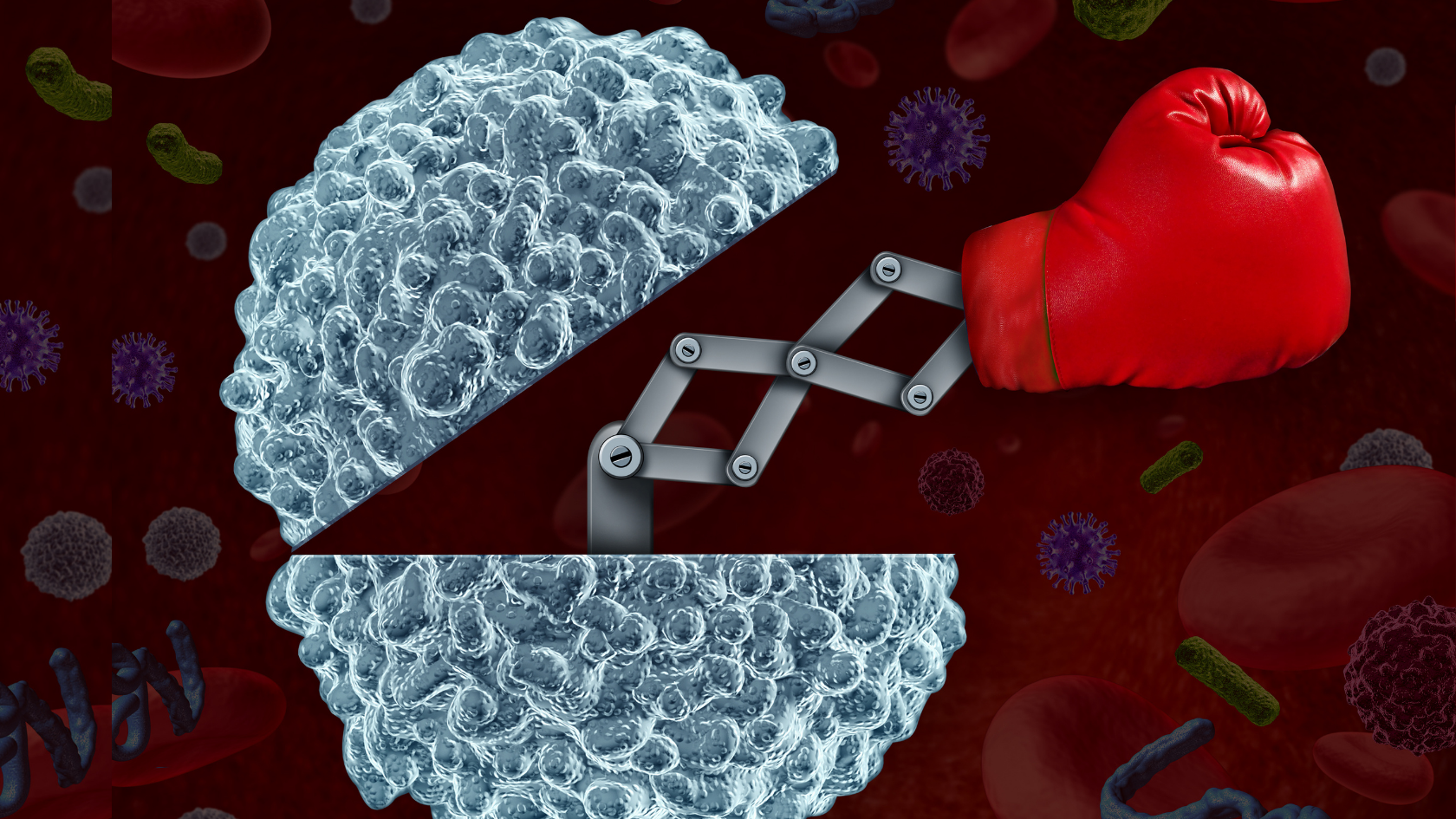
The immune system is one of our body’s most sensitive systems, influenced by everything we eat and do. This custom-made system is always reacting to substances both within and outside of our body. It performs an excellent job of keeping us healthy for the most part.
Here are some strategies to boost your immunity and make it work even stronger!
#1 Healthy Fats

Cell-to-cell communication is crucial for immune cells.
The structure of immune cells requires a lot of fatty acids. The way these cells interact, what they can interact with, and how nutrients are delivered to them are all governed by structural alterations. All of these things can influence how we react to infections.
Fatty acids play a variety of roles, each with its own set of responsibilities:
A. Ghee
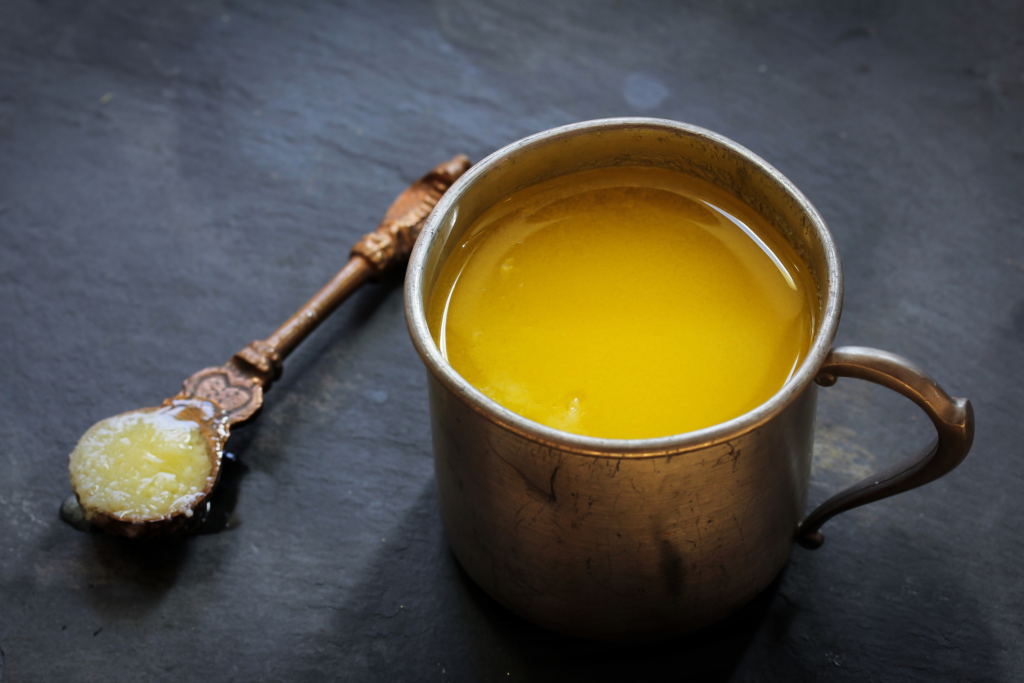
Ghee contains butyrate, a saturated fat that helps our bowel operate properly and prevents digestive illnesses such as ulcerative colitis and Crohn’s disease. Butyrate is also created by some of the beneficial bacteria in our gut, which helps us maintain a healthy immune system.
Ghee has also been demonstrated to aid the liver detoxify the body by increasing the availability of enzymes.
B. Coconut Oil
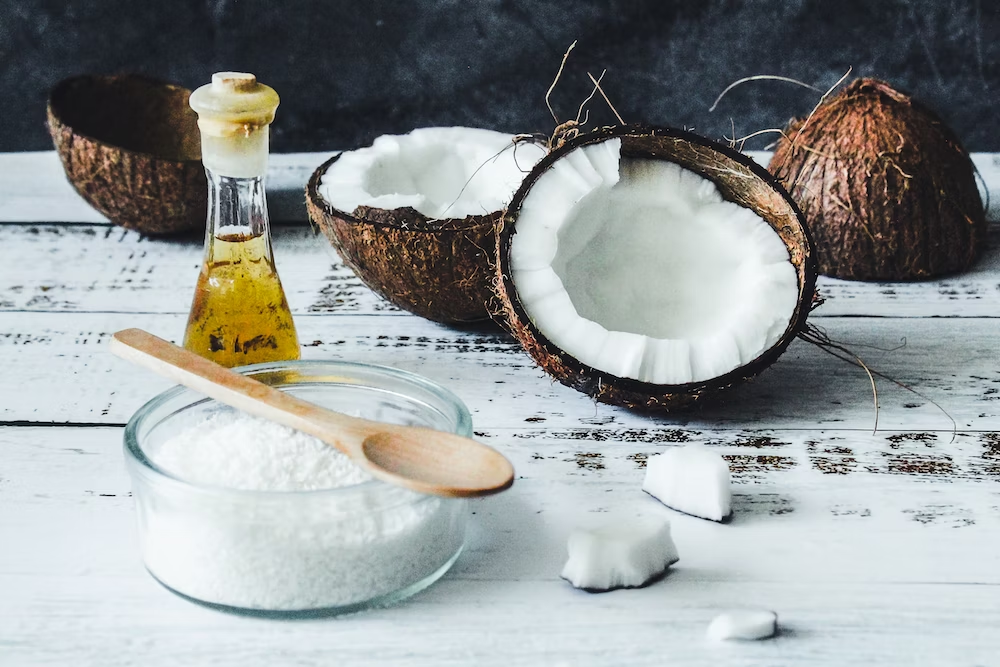
Its high amount of immune-boosting fatty acids called ‘lauric acid’ makes coconut oil unique amongst others.
Lauric acid has extremely powerful antibiotic, antiviral, and antifungal properties. Interestingly, lauric acid is even found in mother’s breast milk, providing the newborn with antimicrobial protection.
Keep in mind, though, coconut oil is still a saturated fat, so its consumption should be limited.
C. Omega 3 Fatty Acids
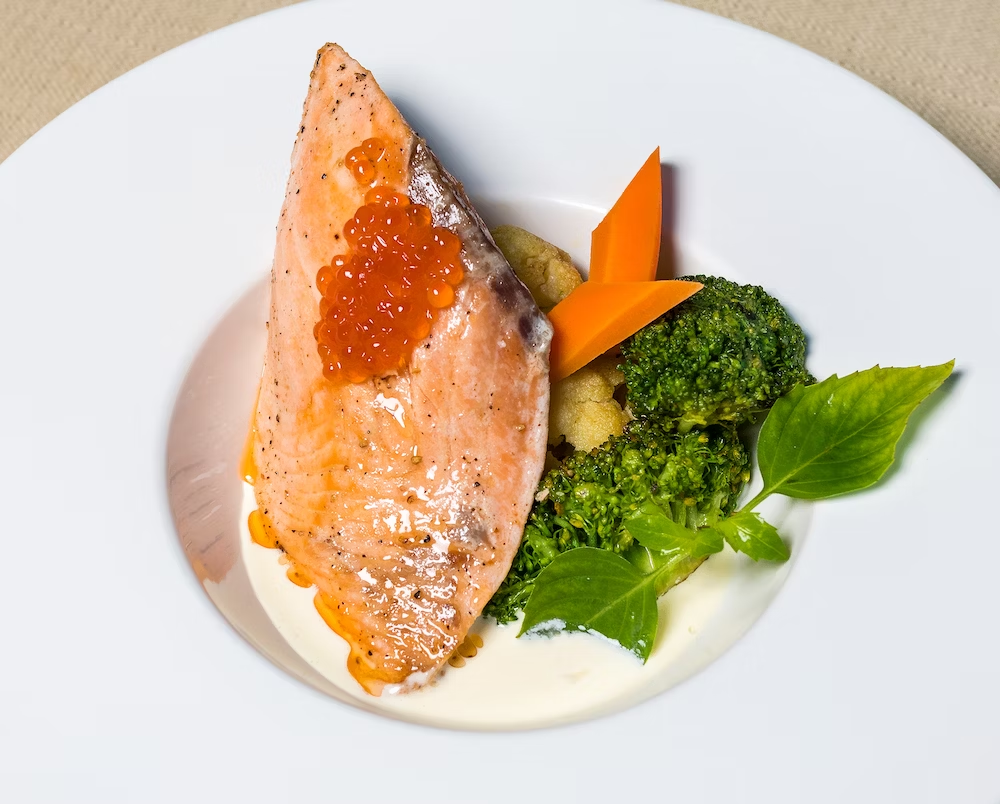
Our immune system is regulated by both omega-3 and omega-6 fatty acids, but they must be consumed in a certain ratio for it to function effectively. We currently get enough omega-6 fatty acids in our food, therefore we will most likely need to supplement with omega-3 fatty acids from sources such as fish oil, flaxseed oil, or marine algae. This is why:
– They aid in the reduction of chronic inflammation, which is a contributing factor in the development of numerous lifestyle diseases such as diabetes and heart disease.
– They also appear to increase immune cell activity, particularly in the respiratory and gastrointestinal systems.
# 2 Minerals & Vitamins
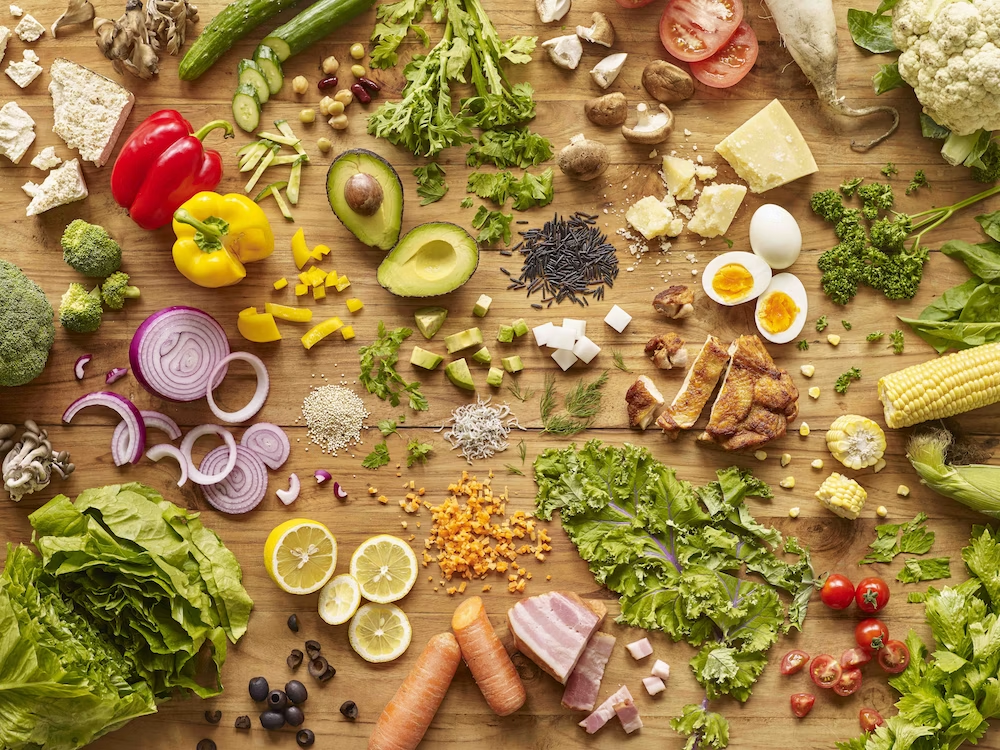
Vitamins and minerals have been shown to influence a variety of bodily activities, including immunological function.
Vitamin C has been studied more than any other nutrient for its immune-boosting properties, followed by vitamins D and E. Let’s look at them more closely.
A. Vit C

While our immune system requires vitamin C to function correctly, there appears to be a link between vitamin C levels in our bodies and immune cell activity – particularly when it comes to rejecting and successfully eradicating disease-causing germs.
Vitamin C can also aid in the recovery from a cold (though, according to popular opinion, it does not appear to be able to prevent us from developing one).
Lower levels of Vitamin C have been linked to stress, alcohol consumption, smoking, antibiotics, painkillers, and other factors (but the exact mechanism by which vitamin C is reduced is still unknown).
For all of these reasons, increasing our vitamin C levels is a terrific way to strengthen our immunity.
B. Vit A

Vitamin A, is essential for cell division, therefore it aids in maintaining enough levels of immune cells. It also plays a part in the process that causes these cells to become activated and ready to fight hazardous substances and pathogens.
It does so by modulating immune cells’ ability to recognise these undesirable intruders and allowing immune cells to pinpoint the infection site.
C. Vit D

Vitamin D is essential for cell division, which means that if we have enough vitamin D in our bodies, we will have more immune cells. Vitamin D also aids immune cell communication and the production of chemicals and proteins that fight infection; as a result, vitamin D ensures that our immune system does not act against us by attacking healthy tissue.
It’s no surprise, then, that vitamin D deficiency raises the risk of diseases including type 1 diabetes, multiple sclerosis, psoriasis, and rheumatoid arthritis, according to numerous studies.
#3 Phytonutrients

The term ‘phytonutrients’ refers to a group of plant chemicals that offer health advantages. Many fruits, vegetables, herbs, and spices contain these compounds, which help us stay healthy.
There are many distinct types of phytonutrients, some of which you may be familiar with, and many others that don’t fit into any of the categories. Take a look at a couple of these that stand out in terms of immunity:
A. Ginger & its compounds
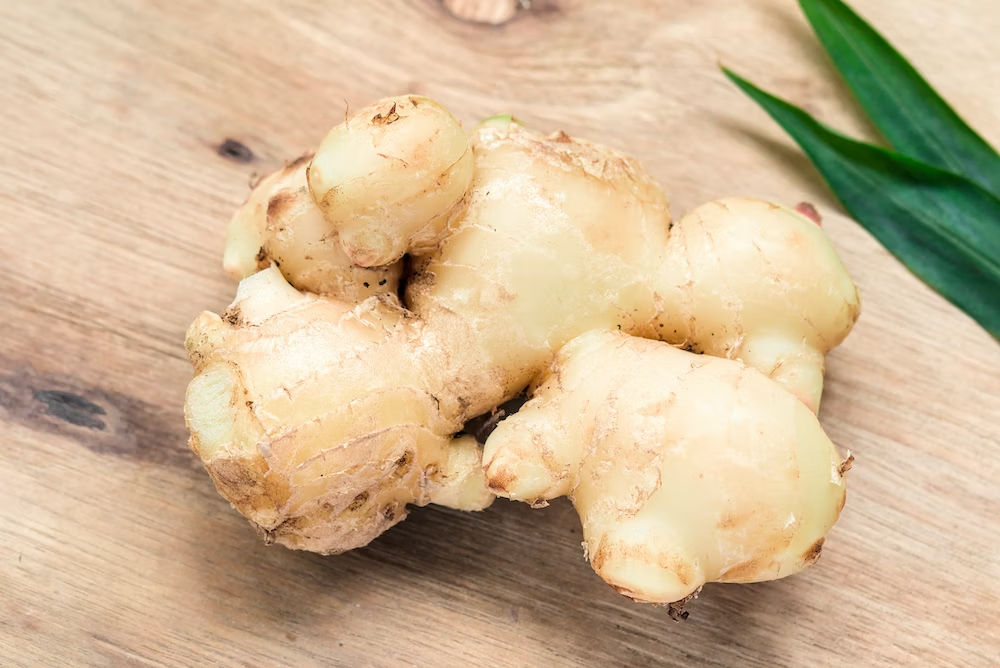
These aid with asthma and reduce the symptoms of a cold. Some have also been demonstrated to work against the flu virus and respiratory diseases.
B. Garlic & sulphur compounds in it
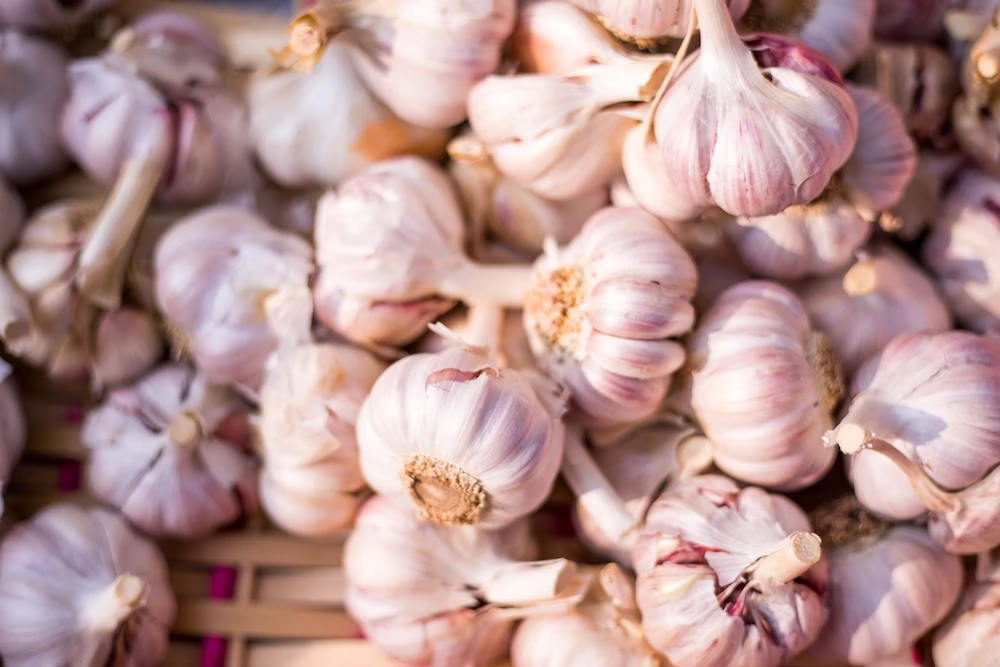
These boost the body’s detoxifying enzymes. Garlic may even improve the way our bodies use iron, according to some data.
C. Resveratrol

Grapes and wine are our primary dietary sources of resveratrol. It’s thought to boost cell survival and stress resistance from things like free radical damage, as well as boost immunity at the cellular level.
D. Carotenoids

Green veggies, carrots & tomatoes are examples of red-orange and green cuisine.
Carotenoids influence the formation of particular antibodies and cells in addition to their antioxidant effects.
Vitamin A is essential for practically every element of immune cell development and maintenance, and one carotenoid termed ‘beta-carotene’ is transformed into it in the body.
#4 Pre & Probiotics:

With the boom of research on gut bacteria brought on by recent years, we have found that these friendly inhabitants carry out a range of duties that reach far beyond our gut.
These bacteria, which have lived in our gut since birth, aid in the development of our immune system by acting as a “gatekeeper” to our bloodstream.
They’re the first line of defence against pathogens and harmful products from foods, preventing microbes from adhering to the lining of our gut and even neutralising certain toxins.
Their ability to generate certain B-vitamins (such as B12, biotin, and folate) and aid in the absorption of iron from the food we eat has a direct impact on our immunity
That’s why it’s a good idea to enhance the levels of healthy bacteria in your gut by eating probiotics (foods that contain them, such as yoghurt) and prebiotics (foods that help them thrive).
# Few Other Tips
Stress

Don’t be stressed; stress disrupts communication between the neurological system, the endocrine (hormonal) system, and the immune system, which has an effect on the immune system.
Alcohol

Reduce your alcohol consumption; alcohol reduces the availability of many nutrients that are important for immunity.
Sleep

Get enough sleep; not getting enough sleep causes the immune system to malfunction and chronic inflammation to develop.
Exercise

Regular exercise improves cardiovascular health, decreases blood pressure, and aids in weight management, all of which have an impact on our immune.
It may provide a direct contribution by supporting healthy circulation, which permits immune cells to function well. It’s also linked to a rise in the number of antibodies, which are proteins that neutralize diseases.
Our immunological health is a sensitive indicator of the body’s food supply as well as our way of life. Taking care of this system with these simple steps will help you stay healthy and avoid disease!
Ryan Fernando is an Award-winning celebrity Sports Nutritionist with 2GUINNESS world record and 2 Olympic medals under his belt. His client list include Olympic wrestler Sushil Kumar, cricketer Shikhar Dhawan & bollywood superstars Aamir Khan & Abhishek Bachchan. He is CEO & Chief Nutritionist at QUA Nutrition Signature Clinics.
©2023 All Rights Reserved Ryan Fernando. Designed and Developed by Floral Web Services